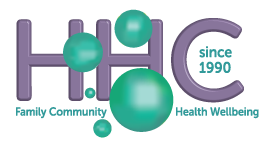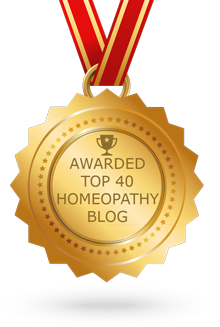Strep B is short for Group B streptococcus (GBS) which is a type of bacteria that lives in the bowel/vagina as part of the normal flora during or outside of pregnancy. Between one in three, and one in ten pregnant women carry GBS though it can come and go in the vagina and bowel of most women.
For some exposed babies, GBS can grow on the skin. Much less commonly GBS can enter the newborn’s body and cause serious infection. Early onset GBS occurs in the first week of life or late onset GBS from week one to 3 months.

New babies inherit their gut bacteria from Mum
In more recent years it has become common to test for GBS. Because of the bacteria’s transitory nature women are tested later in pregnancy (at around 35-37 weeks). If a swab test is positive, antibiotics are usually recommended and given intravenously every 4 hours during labour. Penicillin is usually the antibiotic of choice as other antibiotics tend to destroy a wider range of bacteria, including the friendly ones which leads to overgrowth of potentially harmful ones. These other antibiotics may be the only alternative for women allergic to penicillin.
There has been an international debate as to whether all women should be checked and treated accordingly or just women at risk.
Risk factors for GBS
- Gestation of less than 37 weeks
- Prolonged rupture of membranes (over 18 hours)
- High fever in labour
- Previously infected baby
Some countries have opted for universal screening and some have not. Screening treatment does not prevent late onset GBS, rates of which have remained the same in the USA despite widespread screening and antibiotics.
Although the incidence of newborn GBS has decreased in the States where universal screening occurs, the benefits need to be weighed against possible risks to mothers and babies.
Possible risks of universal GBS screening
- Cost and inconvenience of screening.
- The effect of positive results can cause anxiety and worry for parents especially those ill informed about the relatively low risks involved.
- Allergic/ anaphylactic responses to antibiotics.
- Increased risk of late onset infection due to resistance to antibiotics which is already a serious world wide problem. One study in the US found that the risk of serious bacterial infections of babies exposed to broad spectrum antibiotics was 5 times higher than that of babies not exposed to antibiotics.
- The unknown and under researched impact of antibiotics on newborn gut flora, especially broad spectrum antibiotics. The flora which first colonizes the newborn’s gut influences long term health, immune function and susceptibility to allergy. One large study showed that children exposed to antibiotics at delivery were 20% more likely to wheeze in the first 2 years and 40% more likely to have a wheeze persisting to 7 years , compared to unexposed infants.
- Changes in gut flora have also been linked to diabetes, cancer, inflammatory bowel disease and obesity in later life.
- Use of antibiotics focuses on short term effects of eradication GBS but neglects the possible long term effects.
- The difficulty for women wanting to give birth outside of the hospital setting.
There are alternatives
- Improving bowel flora through diet by increasing fermented foods like yogurt, kefi, miso, kombucha, sauerkraut.
- Probiotics
- Immune support like Vit C, garlic, propolis, echinacea
- Homeopathy
- Garlic can also be inserted in the vagina for 4 – 5 consecutive nights.
- For women who wish to avoid antibiotics it is advisable to also avoid intervention in labour where possible.
Procedures that risk sweeping bacteria from the lower vagina to the cervix such as frequent vaginal examinations, ‘stretch and sweep’, artificial rupture of membranes, applying a foetal scalp electrode should be avoided if possible. It has been suggested that upright positions in labour also discourage ascending infections.
It should be noted that any newborn showing any symptoms of infection will be promptly admitted to the newborn intensive care unit and treated promptly with antibiotics. Modern treatment will prevent death for 90%-96% of newborns with GBS. The down side of this is early separation and treatment with a broad spectrum antibiotic as opposed to penicillin which is less harmful to gut flora.
Reference: Gentle birth, gentle mothering by Dr Sarah J. Buckley
- Homeopathy For Childhood Behaviour Problems? - 16/05/2016
- Crying in Newborns - 09/10/2015
- Book review: Gentle Birth, Gentle Mothering - 07/02/2014




Leave a Reply